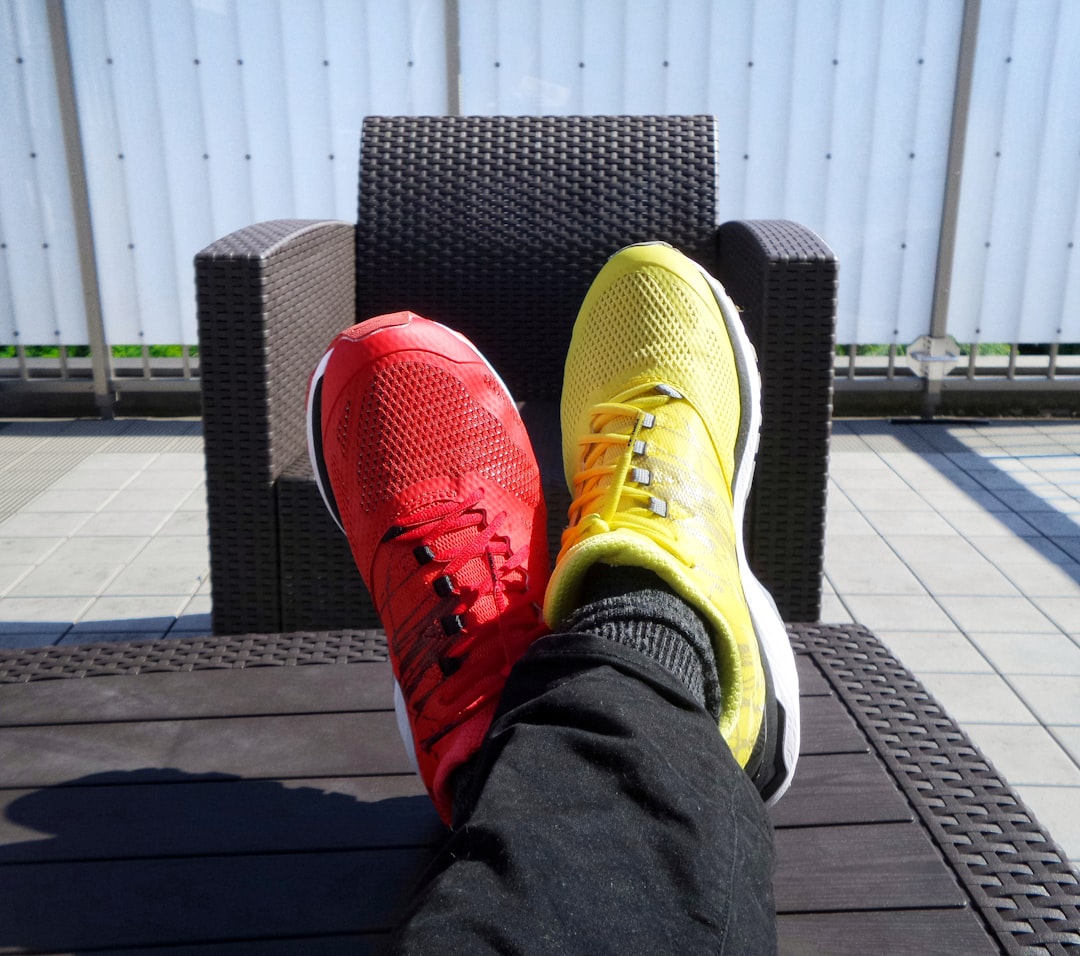What is it about?
In this article, we consider the challenges of engaging in reflexivity and (sociological) bracketing when undertaking ethnographic ‘insider’ research, or research in familiar settings. We ground our discussion and illustrate some of the key challenges by drawing on the experience of undertaking this research approach with a group of competitive swimmers, who were participating in a British university performance swimming programme at the time of the doctoral study. The primary researcher was highly familiar with the world of competitive swimming, having been both a competitive swimmer and swimming coach. Some of the key elements of a sociological phenomenological approach to studying physical-cultural embodiment are first delineated, before addressing the considerable challenges of engaging in sustained reflexivity and bracketing, using the swimming research for illustrative purposes. We suggest some practical ways in which researchers in sport and physical cultures might approach epochē and bracketing in ethnographic ‘insider’ research.
Featured Image

Photo by Arisa Chattasa on Unsplash
Why is it important?
Whilst many research methods texts exhort and encourage the use of a reflexive approach in qualitative research, there are relatively few research accounts that offer concrete, grounded examples of how to engage in reflexivity. Here, we offer some suggestions, including on how to engage in bracketing.
Read the Original
This page is a summary of: Reflexivity and bracketing in sociological phenomenological research: researching the competitive swimming lifeworld, Qualitative Research in Sport Exercise and Health, August 2018, Taylor & Francis,
DOI: 10.1080/2159676x.2018.1506498.
You can read the full text:
Contributors
The following have contributed to this page










